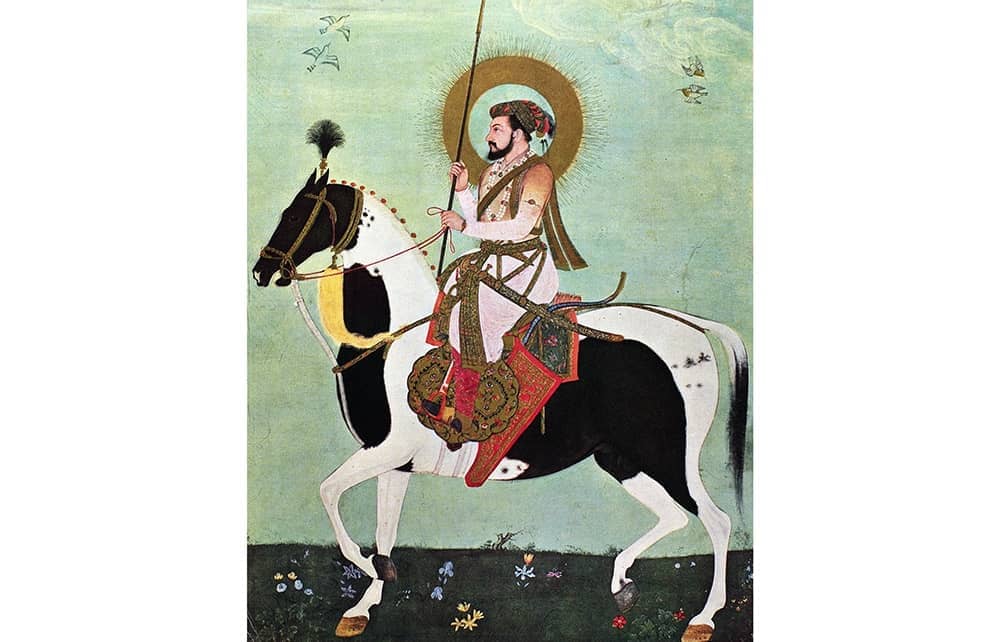Geography, climate, economics and nationalism are often seen as decisive forces in history. In this dynamic, original and convincing book Dominic Lieven considers emperors and their dynasties as motors of events.
Defying constrictions of time and space, ranging from Sargon of Akkad, the ruler of what is now northern Iraq (r. 2334-2279 BC), to the Emperor Hirohito of Japan (r. 1926-89), he believes that ‘for millennia, hereditary sacred monarchy had been the most desirable and successful form of polity on Earth’. (Inhabitants of city states, from Athens to Venice, might not have agreed.) Emperors could create and extend states more easily than impersonal forces, as Lieven shows in chapters on many different empires, from China to Austria. Emperors ruled heaven as well as Earth: they protected Buddhism in India, chose Christianity for the Roman empire and Shia Islam for Iran.
An explosion of books on monarchs, courts and dynasties has transformed history in the past 40 years, and Lieven has read most of them.

Get Britain's best politics newsletters
Register to get The Spectator's insight and opinion straight to your inbox. You can then read two free articles each week.
Already a subscriber? Log in






Comments
Join the debate for just £1 a month
Be part of the conversation with other Spectator readers by getting your first three months for £3.
UNLOCK ACCESS Just £1 a monthAlready a subscriber? Log in